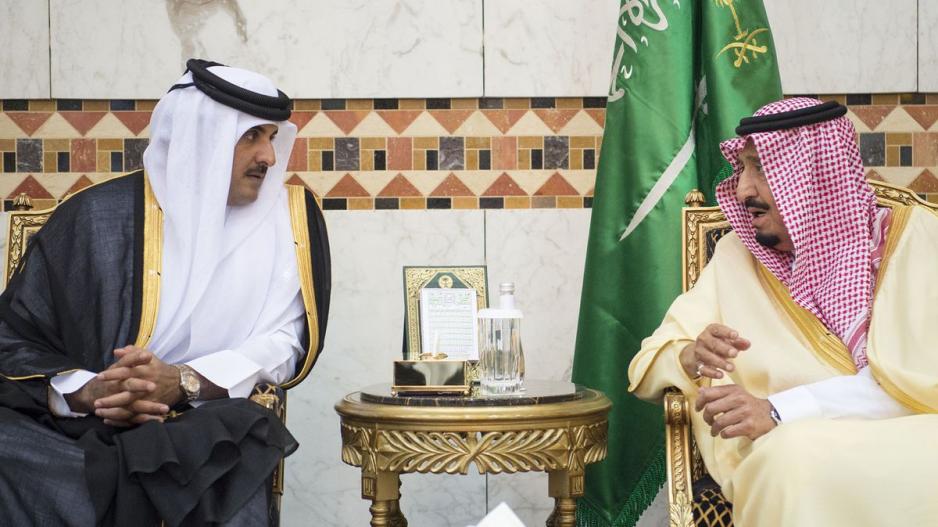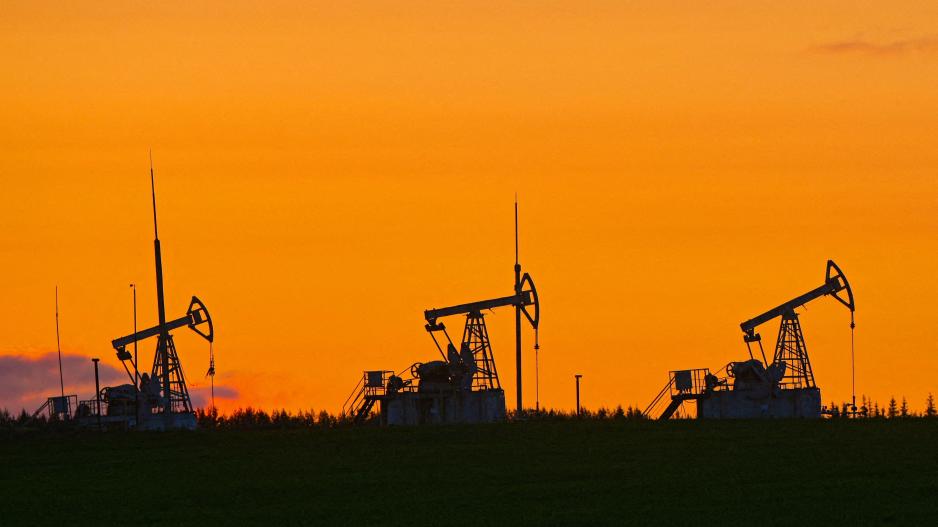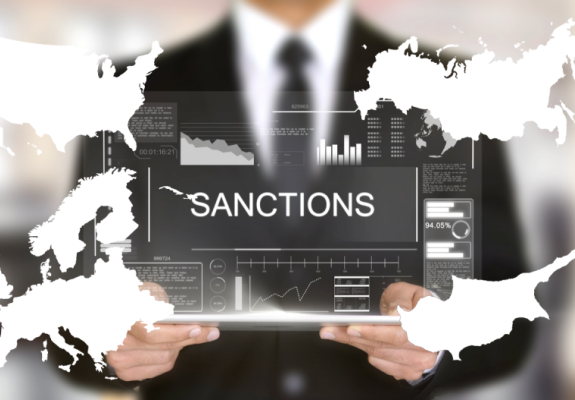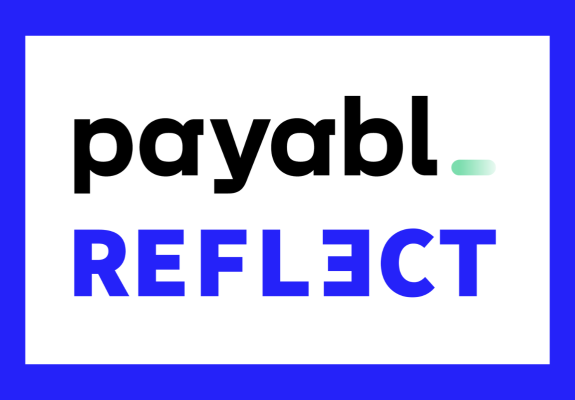Diverging Energy Strategies: Saudi Arabia's Caution VS Qatar's Bold LNG Expansion Plans
This Contrasting Approach Reflects Each Arab State’s Vision for Both the Short-Term and Long-Term Future
As oil and gas prices remain weakened, largely due to uncertain growth in the world's major economies, the energy strategies of Qatar and Saudi Arabia are moving in opposite directions. This contrasting approach reflects each Arab state's vision for both the short-term and long-term future.
Saudi Arabia, the world's second-largest oil producer after the USA, is stepping back from plans to boost its daily production capacity over the next three years. Brent crude and crude oil prices continue to hover below the $100 per barrel mark, considered satisfactory for funding economic reforms and transitioning to a low-carbon global economy.
To push Brent crude oil prices above $83 per barrel, nearing the highest levels since November, Saudi Arabia and Russia had to maintain their supply restrictions under OPEC+. Riyadh committed to extending its recent daily production cut of 1 million barrels until the end of the second quarter, while Russia will limit production and exports by 417,000 barrels daily on a total basis. Similar, albeit smaller, measures were adopted by Iraq and the United Arab Emirates, bringing the total OPEC+ supply restrictions to 2.2 million barrels per day.

On the other hand, Doha is making massive investments to represent a quarter of the global LNG market by the end of the decade, as natural gas is expected to survive as a fossil fuel in the "green energy" era. Qatar remains undeterred by the decline in natural gas prices in Europe to levels below 25 euros per megawatt-hour. This decrease is attributed to high reserves and weak demand, overshadowing the effects of the bloody conflict in the Gaza Strip and the disruption of global trade flows from Houthi rebel attacks in the Red Sea.
In the US, natural gas companies are reducing production to support prices, which climbed this week to a three-week high of $1.94 per MMBtu (million British thermal units) but remain far from last October's $3.8 per MMBtu. This sluggishness in natural gas prices is also attributed to high inventory levels compared to the average of previous years.
Nevertheless, Qatar's Energy Minister, Saad Al-Kaabi, revealed last Sunday plans for a further 13% increase in LNG production to reach 142 million tons by 2030, up from the current 77 million tons. Analysts at Bloomberg comment that the majority of this production will be exported, making Qatar's LNG shipments abroad comparable to Saudi Arabia's oil sales on international markets.






